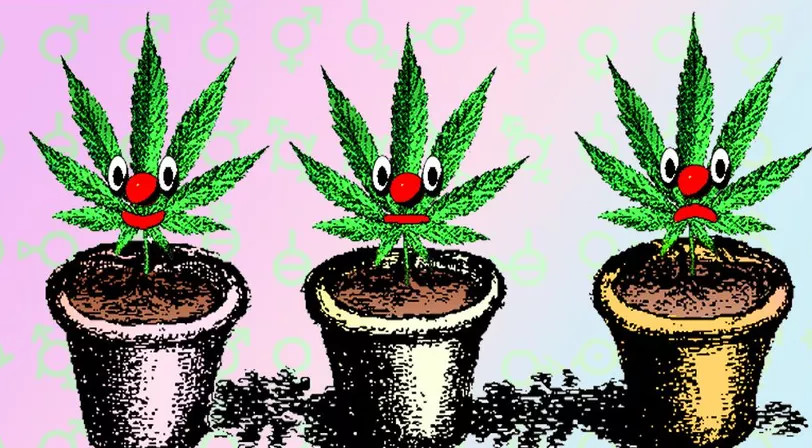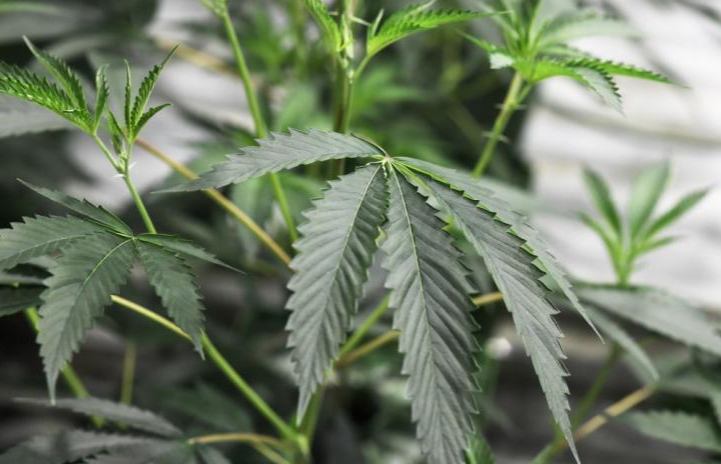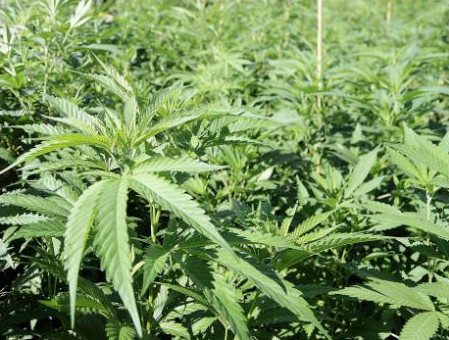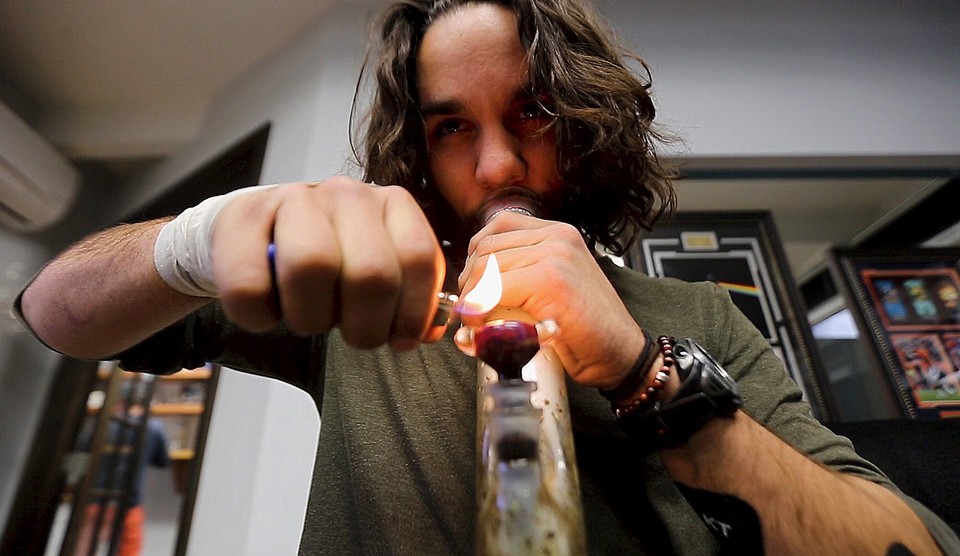When Canada legalizes marijuana later this summer, the big players say they will be ready to do business — and this week, one of them got much bigger.
Aurora Cannabis announced on Monday that the company will buy medical marijuana firm MedReleaf for $3.2 billion to create an industrial giant with a valuation of about $7 billion.
The market isn’t even open, but mega-producers are looking for efficiencies, aiming to deliver a product at minimum cost for maximum profit.
That means Canada’s micro-producers are looking at a tight market.
Brian Taylor is a member of the Craft Cannabis Association of B.C. and a small grower with a lot of experience. He considers himself a “craft” marijuana producer — and he fears that could put him at a disadvantage.
“I think that the small grower, even the medium grower, is really subject to those kinds of unfair competition from the large producers who can afford to take a loss over a period of time to control the market,” Taylor told Day 6.
Taylor is betting there will be a role for Canadian small producers alongside the mega-farms. But when he looks south to Washington state, where marijuana has been legal since 2014, he worries.
“They’ve been through so many changes there that a lot of small growers have dropped out,” Taylor says. “There was no economy for the small grower.”
No more black market prices
Many small-scale producers have had a rough ride in Washington state.
“There’s still quite a few farms working right now but there’s not many that are making money,” says Lester Black, writer and Cannabis columnist for the Seattle newspaper The Stranger.
In Washington state, legalization sent prices tumbling.
“Most people thought they would be getting from $8 to $20 [per] gram, wholesale prices,” Black says.
The wholesale rate for a gram of weed in Washington today is about $2.50.
Canada’s market is likely to be even more competitive.– Lester Black, Seattle cannabis columnist
Growers like Susan Gress on Vashon Island, Wash., went into business expecting to sell product at a higher price. She threw her retirement savings into her farm.
“Back in those days, we were able to get $8 a gram,” Gress told Black in an interview for FiveThirtyEight.com. “But things have changed.”
Black says Gress expected competition.
“I think she knew it wasn’t going to be easy going into the market. But I think it’s probably safe to say it’s a more difficult market than what she or anyone else thought,” he says.
“Canada’s market is likely to be even more competitive with these big billion-dollar companies.”
Developing a brand
Black says Gress is still able to sell her product for more than base price because it’s considered premium, like a craft beer.
He says branding has been useful to smaller producers in differentiating their product.
“The small farmers that have been able to get ahead of the curve and market themselves as a small farm and find ways to connect with their customers have been able to succeed,” Black says.
“That really seems to be the most important thing for small farmers.”
In Canada, packaging and branding will be strictly controlled, but Black says small producers can still create an identity for their product. They need to develop a narrative for their farm and spread the word.
“Immediately try to establish your story,” he says. “If customers don’t know your story, it’ll be hard for them to know the difference between your product and the product made by the biggest companies.”
The discerning customer
The explosion in craft beer has come as consumers have become more confident in their tastes, driving demand for premium products. Black says small producers in the cannabis industry will benefit when pot smokers become just as sophisticated.
“Most people don’t know how to differentiate cannabis like they do with wine or beer, but if the market matures and people develop more of a palate, that will help small farmers.”
Complicating things for the small grower is the unexpectedly high quality of the product coming from industrial farms.
“These large farms — many of them — are not producing what would be considered Labatt’s Blue, they’re producing more like medium quality IPA; like, a pretty good beer,” Black says.
I’m concerned that some of the big operators — the Budweisers of the marijuana business — are also moving towards having their own ‘craft’ wings.– Brian Taylor, member of the Craft Cannabis Association of B.C.
But Taylor says that’s not good enough for their product to qualify as “craft.”
“I’m concerned that some of the big operators — the Budweisers of the marijuana business — are also moving towards having their own ‘craft’ wings,” Taylor says.
“I’d certainly like to see a definition of ‘craft’ that eliminates the big companies from sliding in and pretending that they’re ‘craft.'”
“There’s enough small growers across Canada, particularly here in B.C., to really make it worthwhile.”
Credit: cbc.ca













